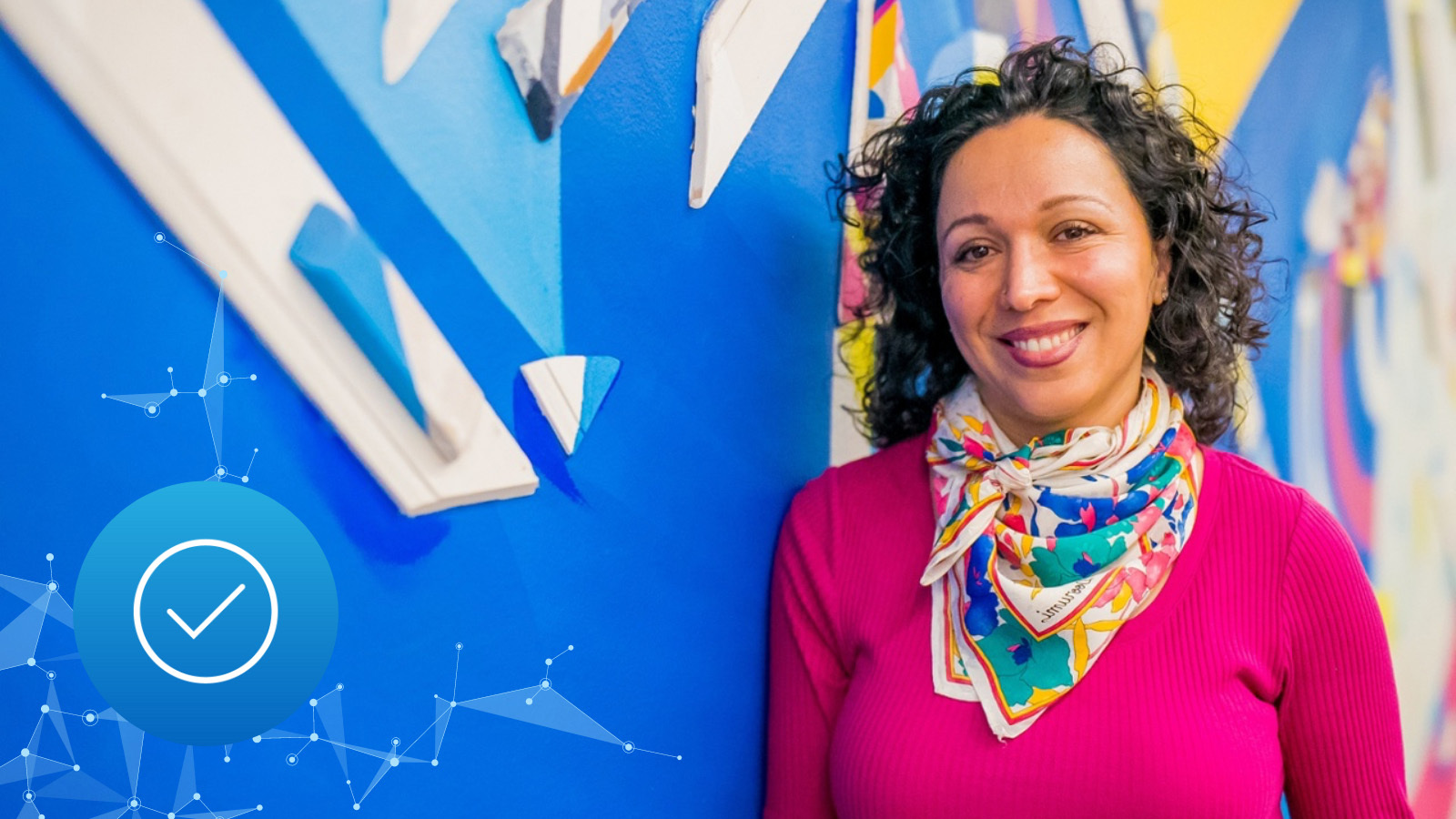
In this post, we talk about the link between diversity and better AI outcomes with Nassim Abdi, Ph.D., CEO and Co-founder of StoryBolt, a marketplace platform that enables attitude-changing conversations around topics of Diversity and Inclusion.
The views expressed in this article are those of the interviewee and do not necessarily reflect the position of RBC or RBC Borealis.
Why has diversity and inclusion become such important topics to businesses today?
Nassim Abdi (NA):
Businesses have been talking about diversity and inclusion for a long time. Unfortunately, most of the time, they were doing little more than completing a list of ‘checkbox’ items. More recently, however, we have started to see companies thinking more clearly about the business case behind diversity and inclusion. Businesses are starting to realize that they are losing high quality talent and slowing their rate of innovation and creativity simply because they do not have diverse voices at the table. You can’t create the most innovative tool if you aren’t looking at it from all angles and from different perspectives.
The data proves it. Recent research shows that companies with an inclusive workplace enjoy a 42% increase in collaboration. Those with diverse teams report a 1.7x increase in innovation. And there is emerging data that suggests lack of diversity leads to an US8 billion loss in productivity. Those are numbers businesses can’t simply ignore.
Why is creating a diverse and inclusive workplace an important starting point for those interested in developing responsible AI products?
(NA):
I think Microsoft’s experience with Tay demonstrated that AI is only as good as the data you put into it. Recent studies suggest that facial recognition tends to be much, much more accurate when it comes to white males than other groups – particularly women of colour – largely because there is much more test data for white males than other populations. So I would argue that bias is already in the system and in the data before we even start.
That is why it is so critically important that AI developers and researchers pay attention to this issue. You must be able to bring that diversity of views or that empathetic mindset approach that only comes from understanding other peoples’ perspectives and walking in their shoes. Otherwise, you are allowing your decisions to be influenced by implicit biases.
Why should the AI community be particularly focused on diversity?
(NA):
It really comes down to the relationship between bias and privilege. As developers, you have the privilege of being the decision-makers – you are the ones that control whether you are creating something that will ultimately be inclusive or exclusive. And that influences the ultimate structure of power. It’s not easy. But it starts with understanding that privilege and really checking our biases.
Machine learning models love binary decisions. Yet diversity does not lend itself well to binary thinking. How can we tackle this idea of ‘intersectionality’ as we think about our models?
That is one the big challenges when it comes to how we use and define technology. For now, it really comes down to ensuring you have real diversity and inclusion in your teams and that you define standards that are more aligned to the human world we actually live in. That means that the governance of these platforms is going to become much more important.
How can machine learning scientists and researchers tackle that implicit bias?
(NA):
The first thing is just being aware that we all have implicit bias. It’s human nature; for millions of years, humans were trained to avoid things that were unfamiliar. So the big question is how we can avoid it, particularly in a world of social media echo chambers. The real challenge here is to help people walk in someone else’s shoes – to really start to understand their situation and the world from their perspective.
What can business leaders do?
(NA):
The first step for executives and business leaders is to be willing to address the problem. It isn’t always easy to change the status quo. The good news is that the new generation of workers is really starting to change the conversation. They care about where they work and the vision of the organization. They want to see the bigger picture and they want to have a positive impact.
One of the more successful approaches that businesses are adopting is ‘reverse mentorship’. As a practice, it’s been around for a while. But now we are seeing a lot of success from companies using reverse mentorship to create safe spaces for conversations about diversity, equity and inclusion.
How can businesses help their employees think more inclusively?
(NA):
I believe the key is in helping people walk in other peoples’ shoes and get a real understanding of their perspectives and lived experiences. And that’s really the foundation point for the company I founded – StoryBolt. Simply put, we use the power of storytelling to help organizations unpack implicit bias, gender equality, mental health and more.
As a teacher, I realized very quickly that people learn better from visual stories. Different parts of the brain start working; language comprehension, visual cues and sounds all fire up the neurons. And it creates an experience that can stay with us for the rest of our lives. Rather than just show smart documentaries that unpack an issue, we then invite the filmmaker to come into the room for a Q&A and discussion on the issues. It’s amazing how that sparks a kind of awareness in people that simply does not go away.

Image – Nassim Abdi.png
About Nassim Abdi
Nassim Abdi, Ph.D., is the CEO and Co-founder of StoryBolt. She is a storyteller and evangelist on finding the intersection of entertainment and learning in the area of diversity, equity, and inclusion. She has 12 years of academic experience in the field of intersectionalities of gender, race, and other identities as they relate to systems of discrimination or disadvantage. Nassim is also the leading actress of a Netflix-featured film, Secret Ballot, (by Sony Pictures). Her vision for StoryBolt was shaped by the life-changing experience of the film as it engaged her in Q&A sessions and exposed her to the power of movies and how candid human connections could change perspectives and facilitate courageous conversations in the workplace.
News
Inspiring collaboration and imagination: RBC Borealis and the 2021 EMNLP conference
News